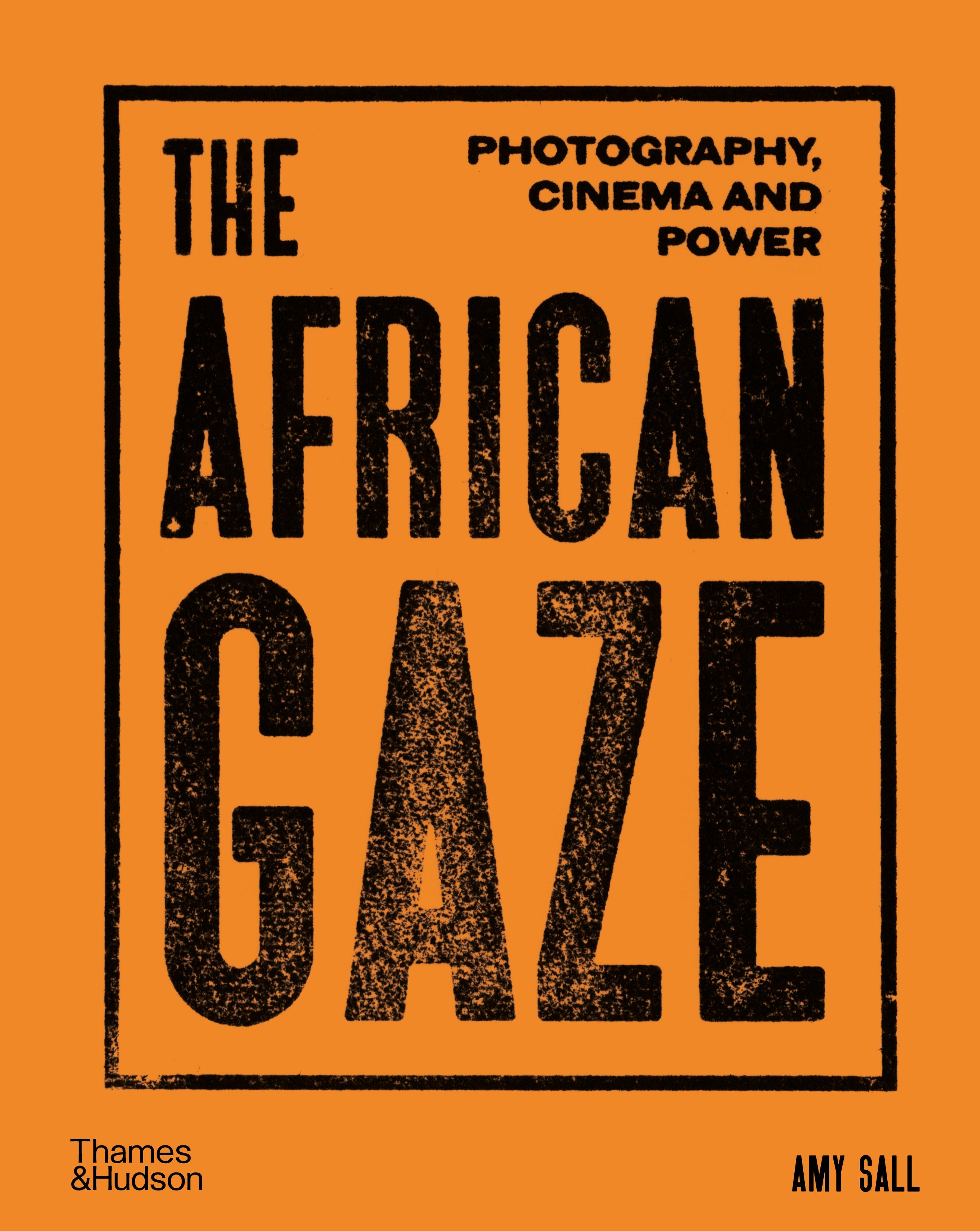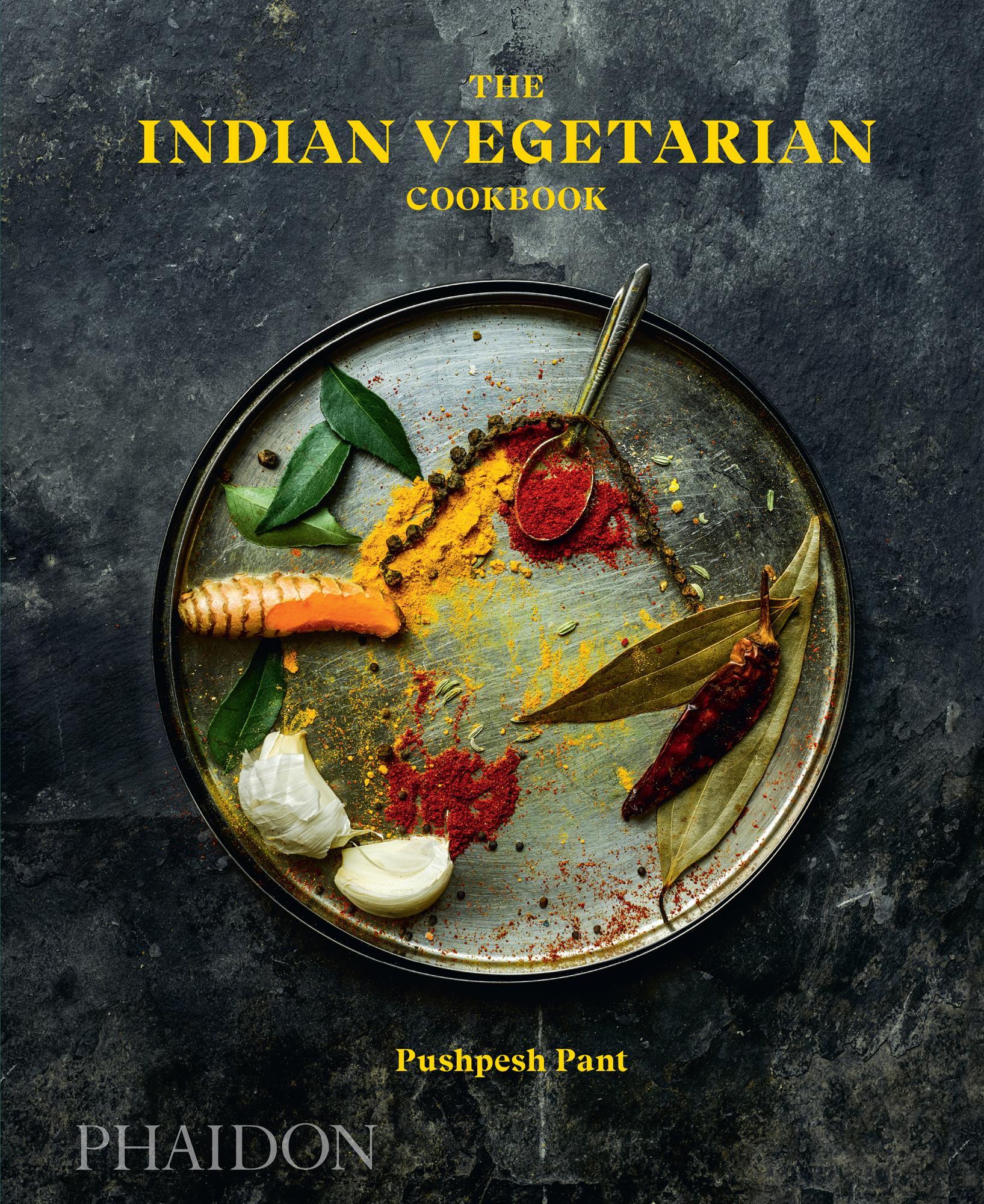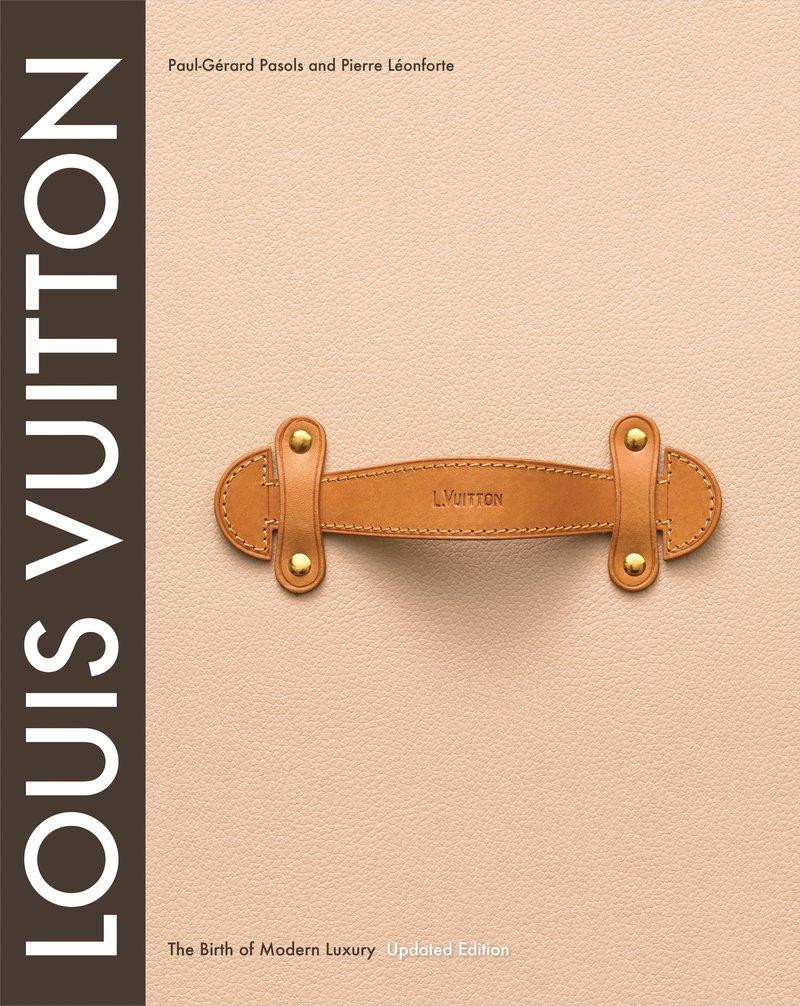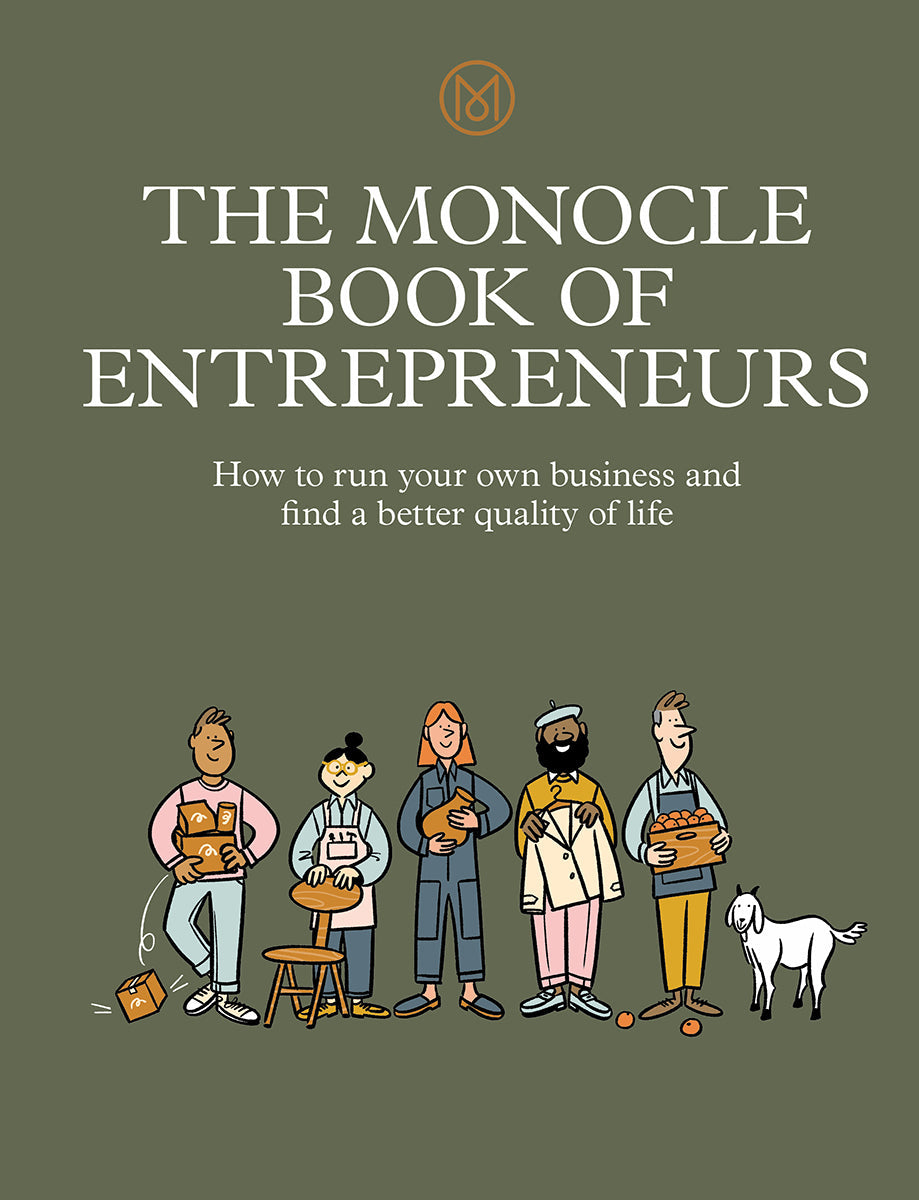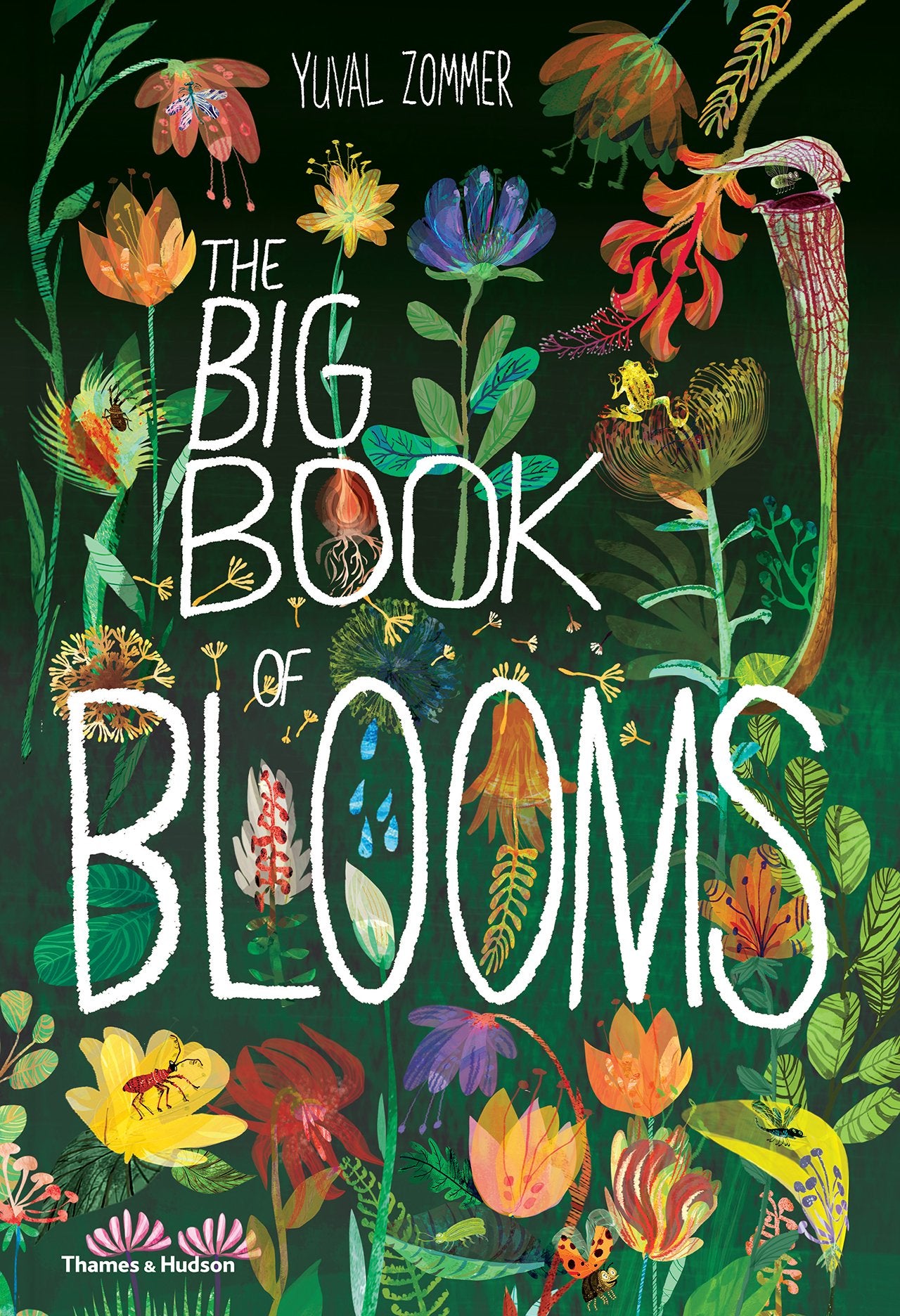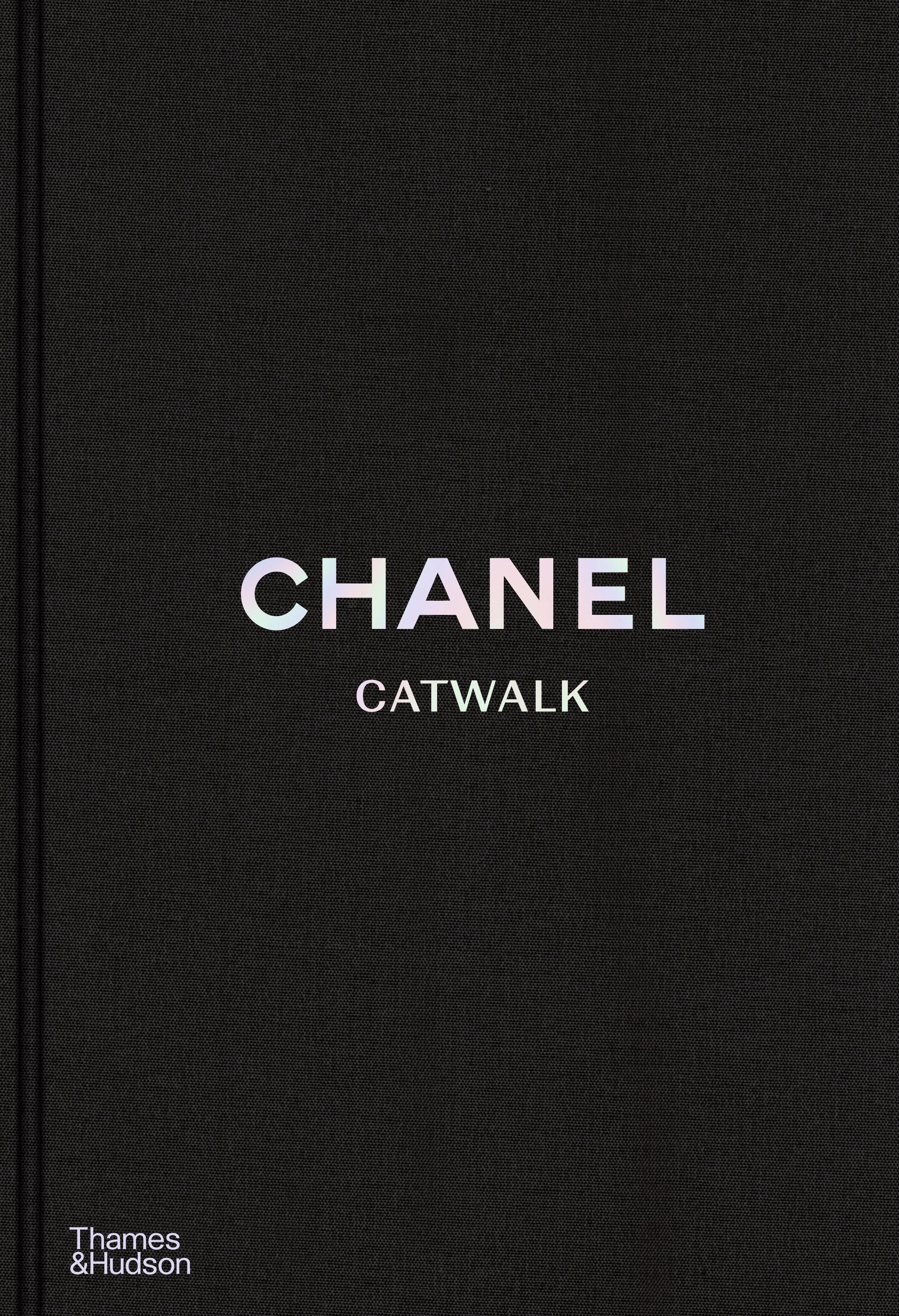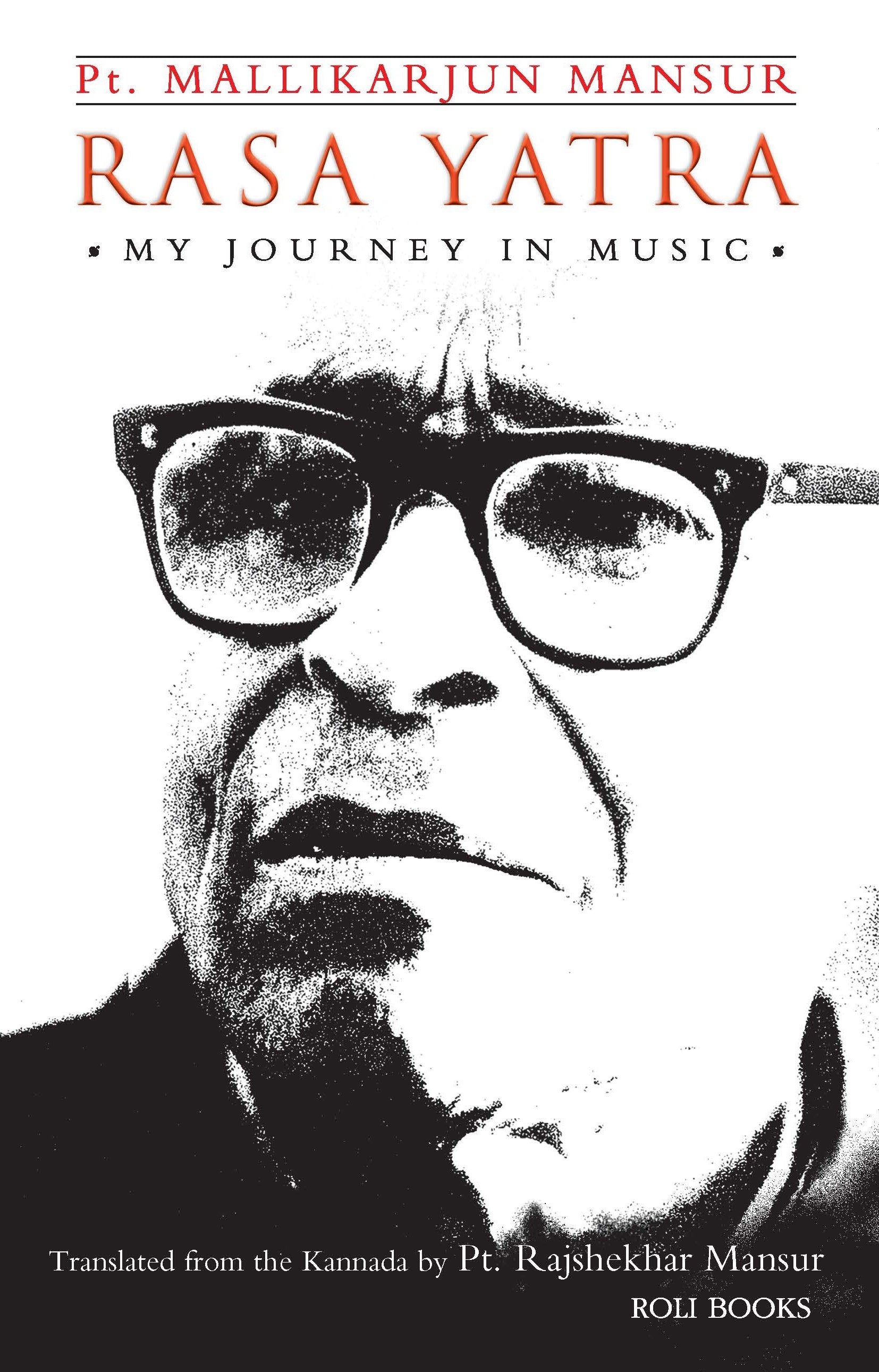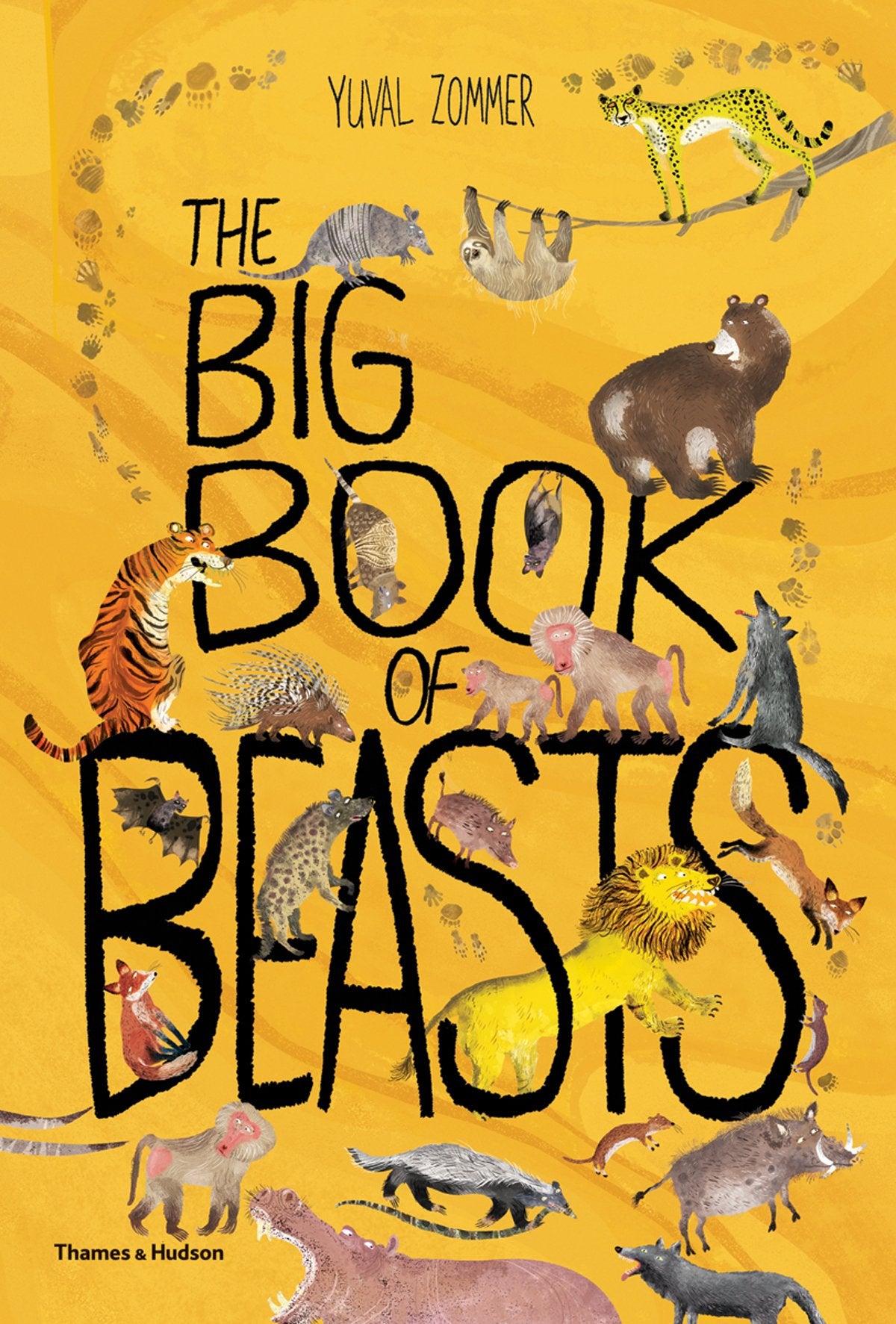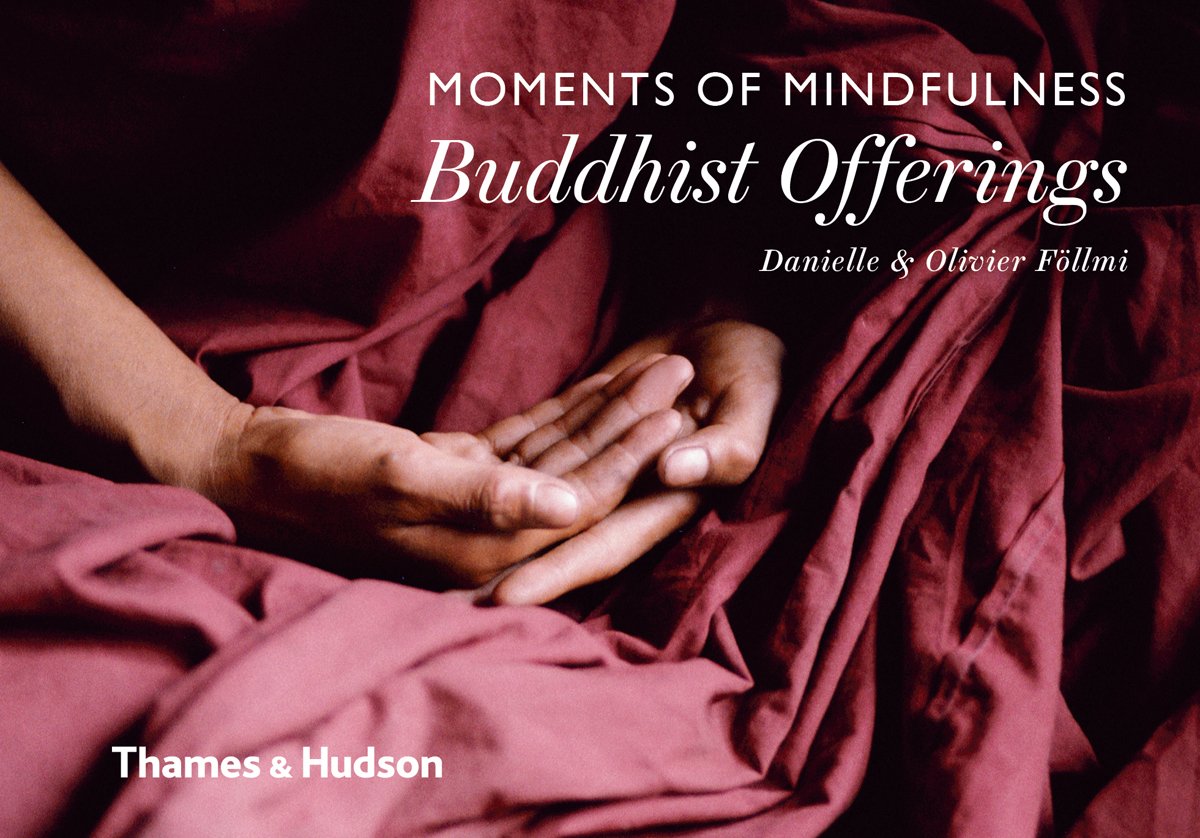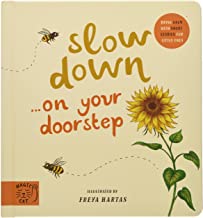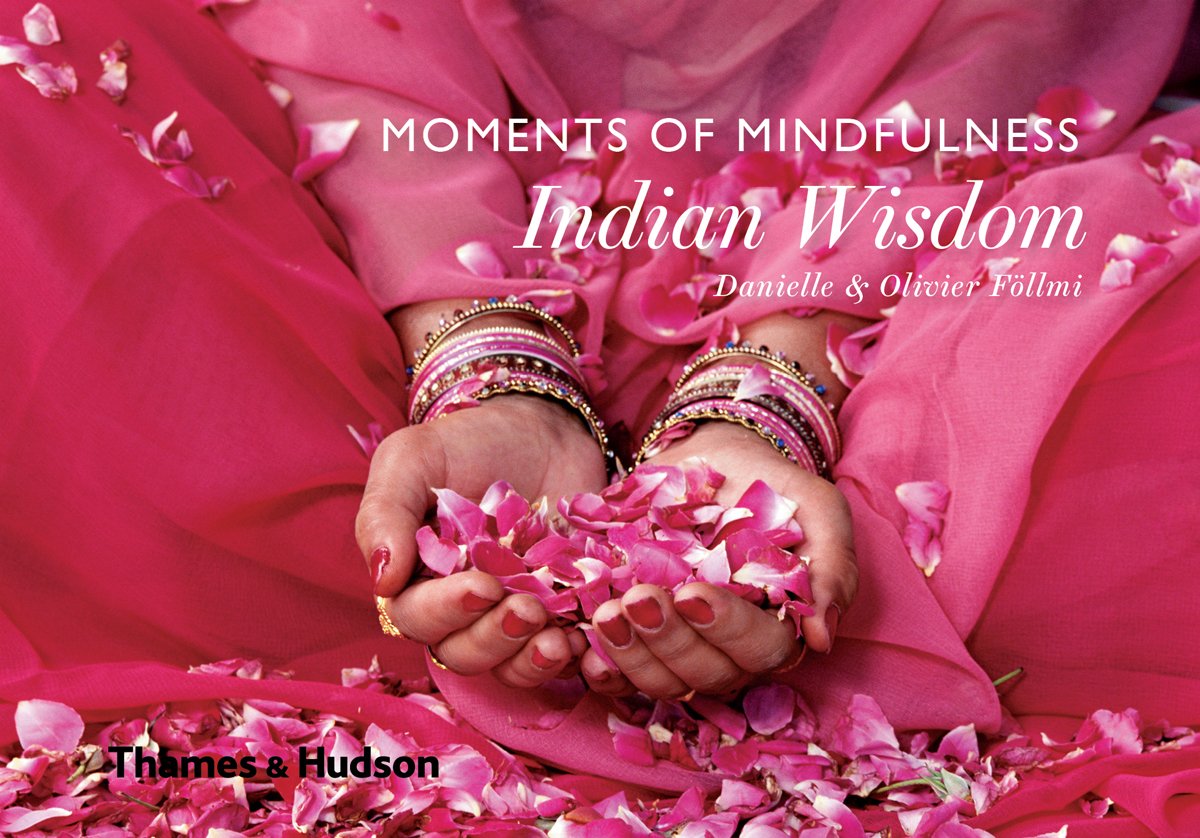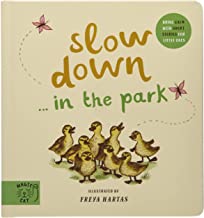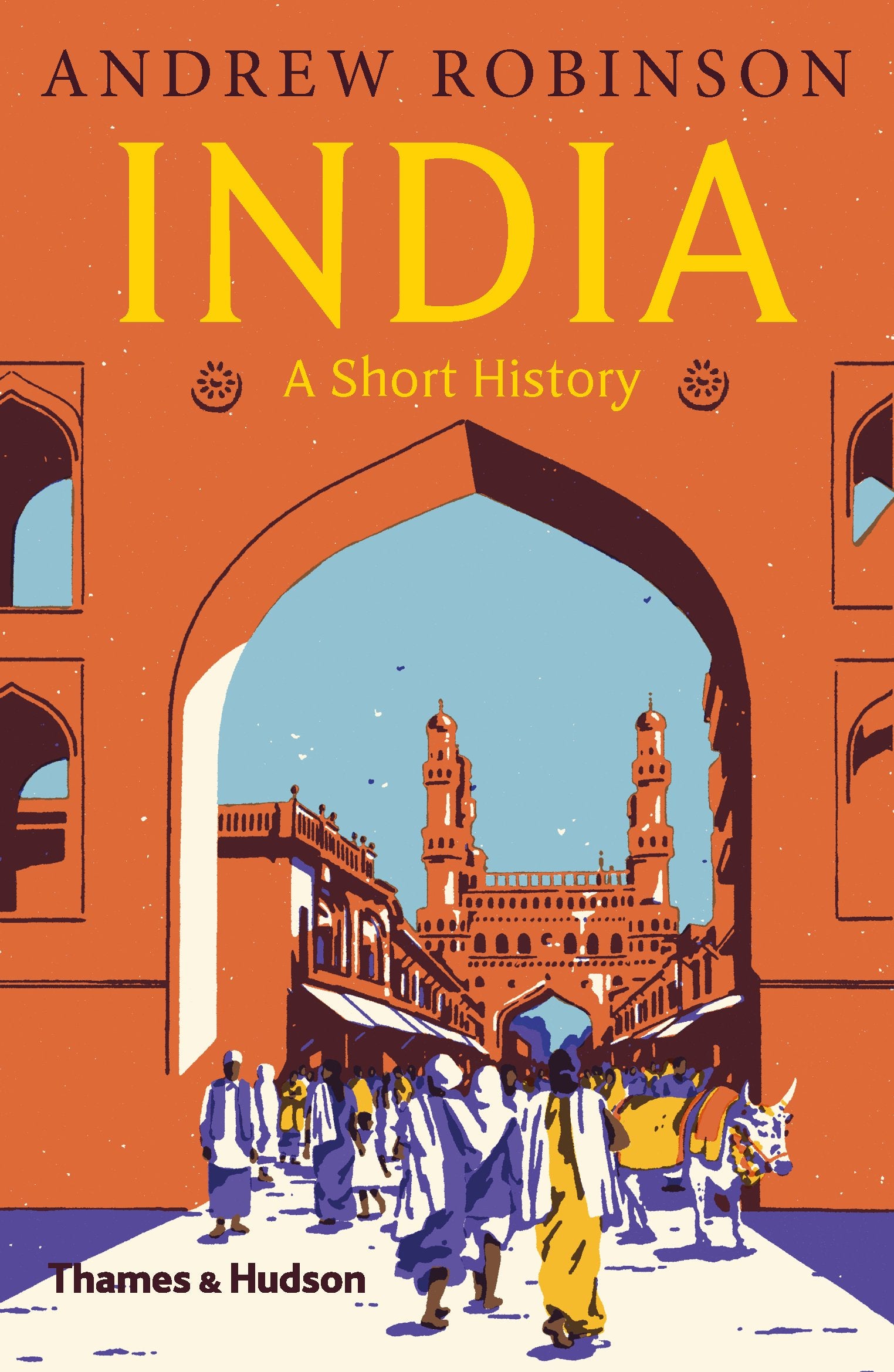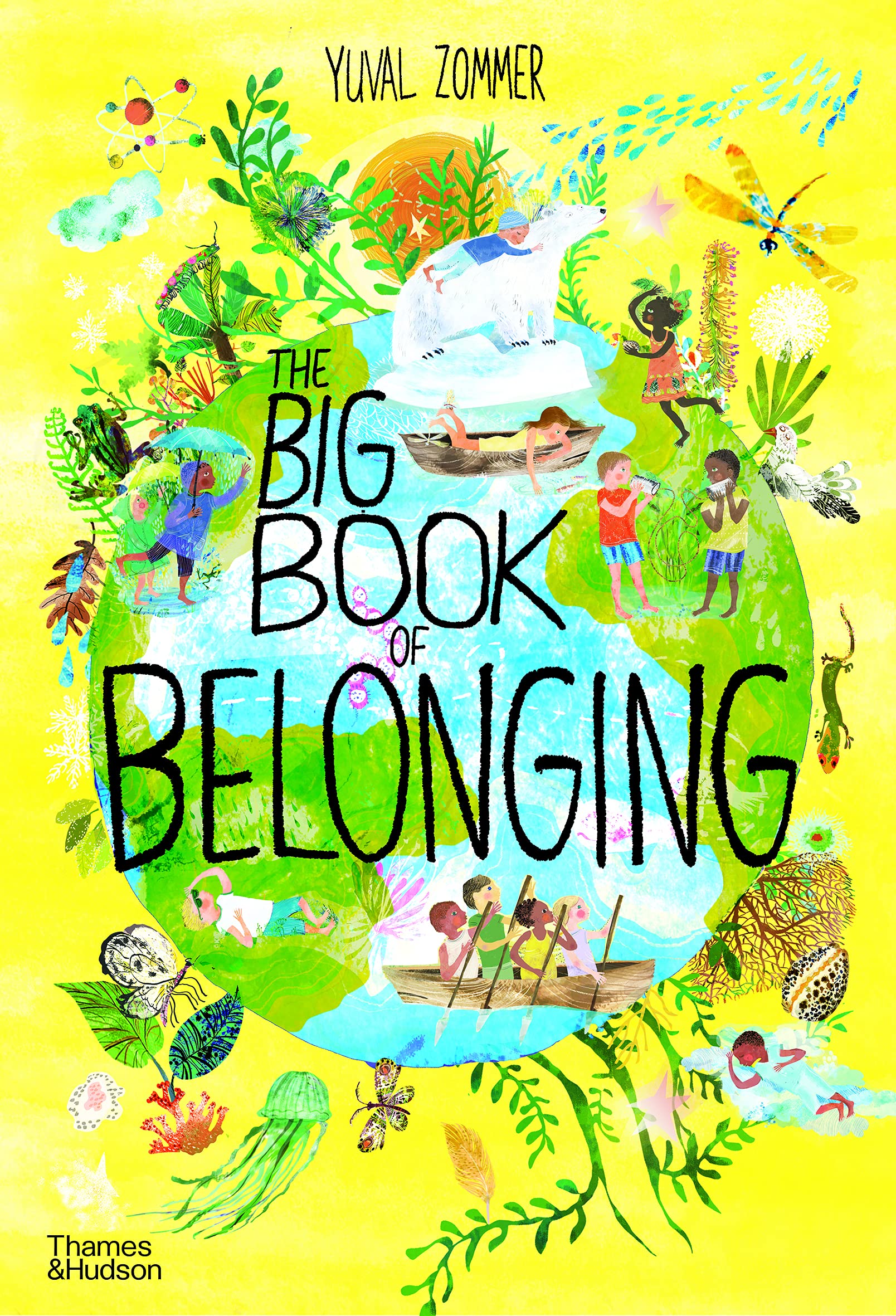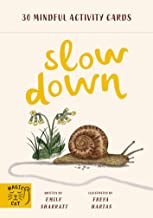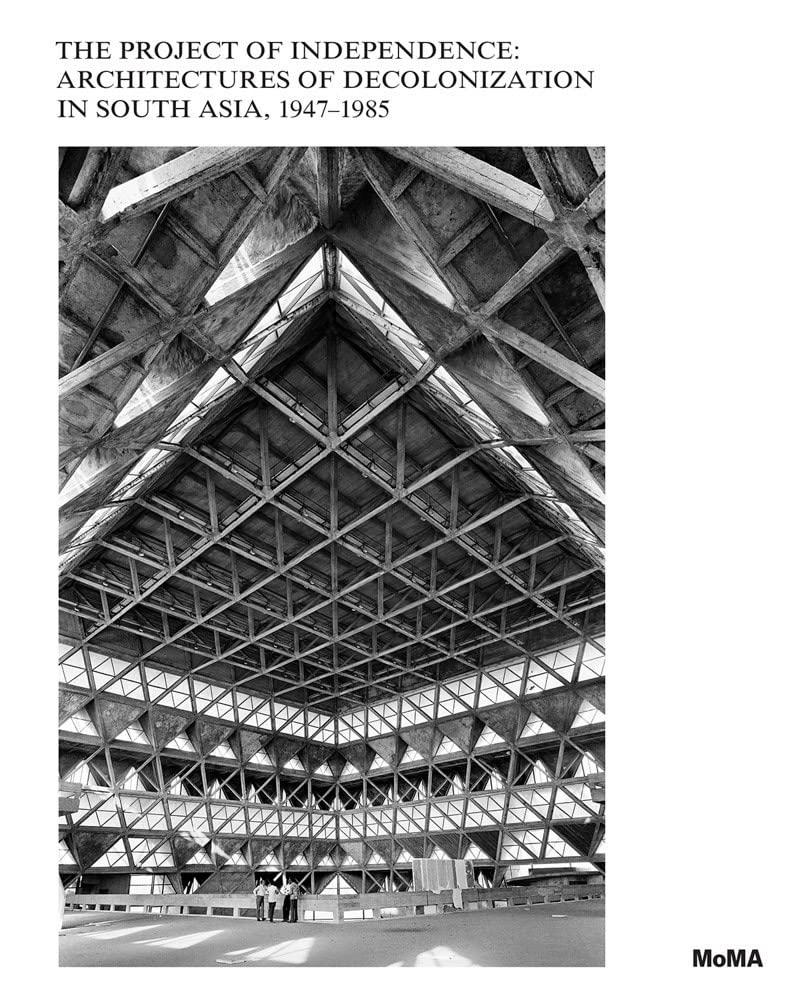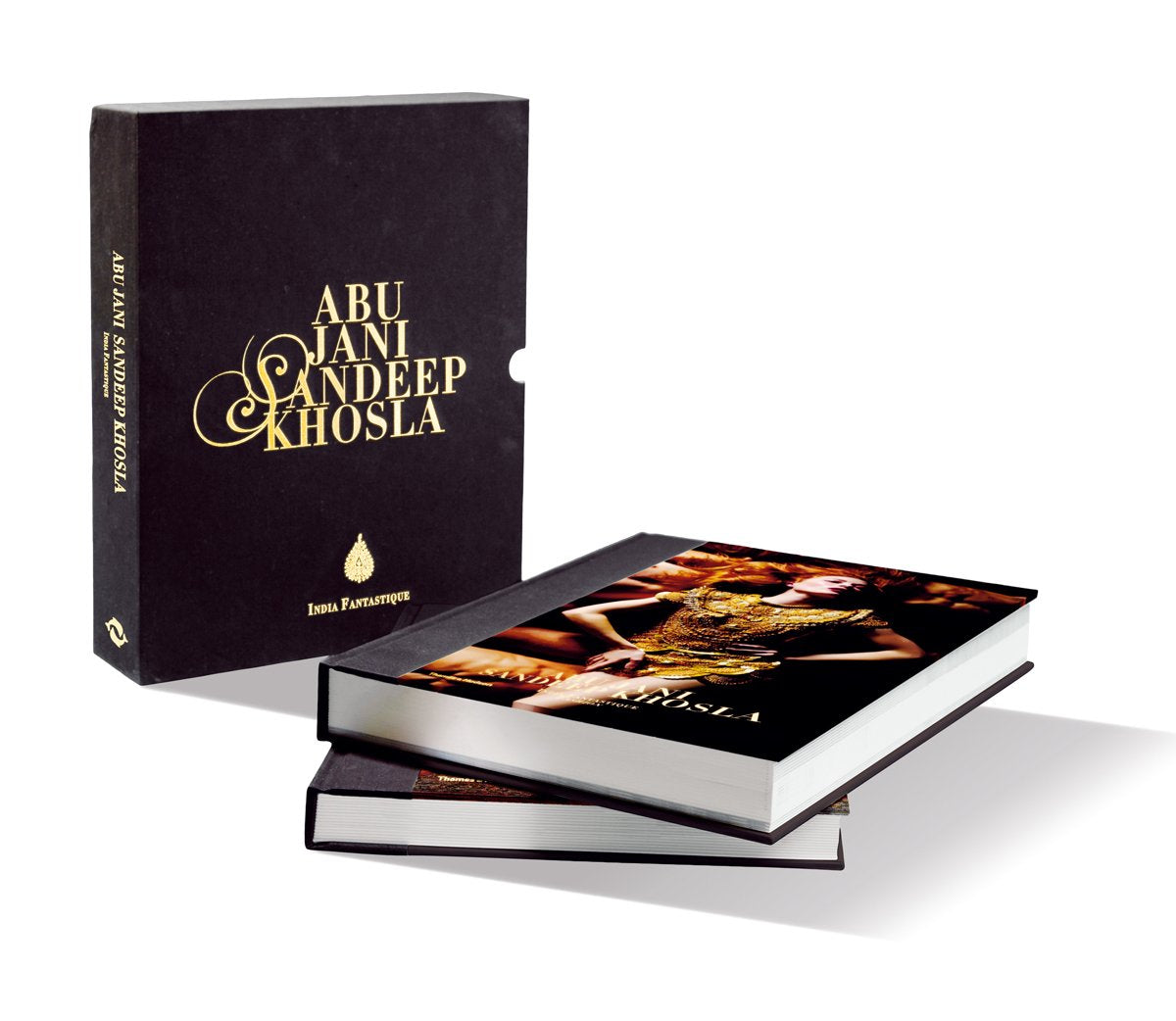The African Gaze: Photography, Cinema and Power
Amy Sall and Mamadou Diouf
The African Gaze is a comprehensive exploration of postcolonial and contemporary photography and cinema from Africa. Drawing from archival imagery and documents, interviews with the photographers and filmmakers (in some cases family members/close associates if the artist is deceased), and contributions from writers, scholars and curators, it maps a comprehensive introduction to African moving and still imagery.
This is a hugely important and timely publication – engagement with Black and African histories is stronger than ever before (and long overdue). The major names of African photography, such as Malick Sidibé, Sanlé Sory and Seydou Keïta, have become highly collectible in the art market, while African cinema, pioneered by filmmakers such as Ousmane Sembène in 1960s Senegal, is now recognized for its creative innovation and storytelling.
For anyone drawn to African photography and film, this book will provide an exciting and accessible overview.
Featuring interviews with Samuel Fosso and Souleymane Cissé.
Amy Sall is a writer, independent researcher, and collector-archivist based in New York. She is the founding editor of SUNU: Journal of African Affairs, Critical Thought + Aesthetics, a pan-African, post-disciplinary platform exploring the artistic, cultural and intellectual production of Africa and the diaspora across time and space. Amy holds a master’s degree in Human Rights Studies from Columbia University. As a Part-time Lecturer at The New School, New York, she conceived and taught two courses, ‘The African Gaze: Visual Culture of Postcolonial Africa and the Social Imagination’ and ‘Third Cinema & the Counter Narratives’. Her private collection, The Sall Collection, is an assemblage of studio and other vernacular photography, printed matter and ephemera with a pan-African focus. Amy’s work and interests explore the theory and praxis of cultural sovereignty, cultural preservation, anti-/de-/post-coloniality, human rights, visual culture and the archive.





